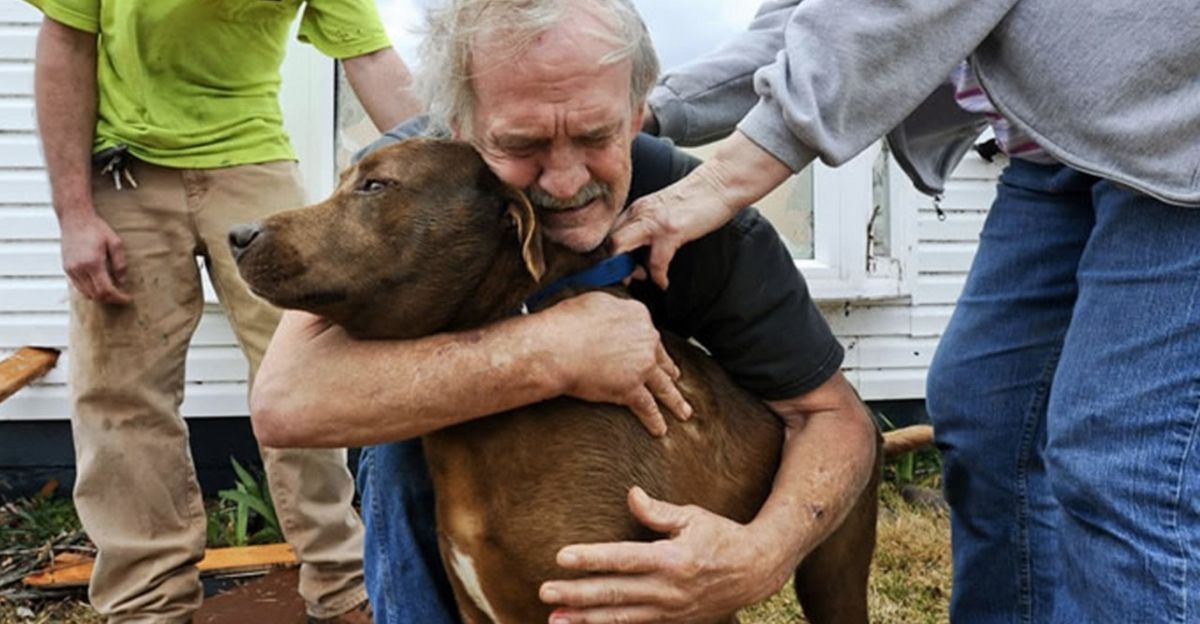
Every pet owner’s nightmare: your dog runs away. Panic sets in. Days pass. Then, out of nowhere, your furry wannabe Houdini struts back home like nothing happened. But how? How do lost dogs find their way back—sometimes from miles away? The answer? A wild mix of science, instinct, and pure determination.
1. Super Sniffers: Dogs Navigate by Scent Trails

Dogs have noses that put bloodhounds to shame. While humans have around 5 million scent receptors, dogs have up to 300 million. That means they can track familiar smells for miles, following the scent of their owners, their home, or even their own urine markings.
2. The ‘Scent Map’ Theory

Instead of seeing the world like we do, dogs smell their way through life. Every neighborhood, park, and backyard has a unique scent map, and if a dog wanders too far, they can trace their way back by following familiar scents. Think of it like a built-in GPS, but for their nose.
3. Earth’s Magnetic Field: A Built-In Compass?
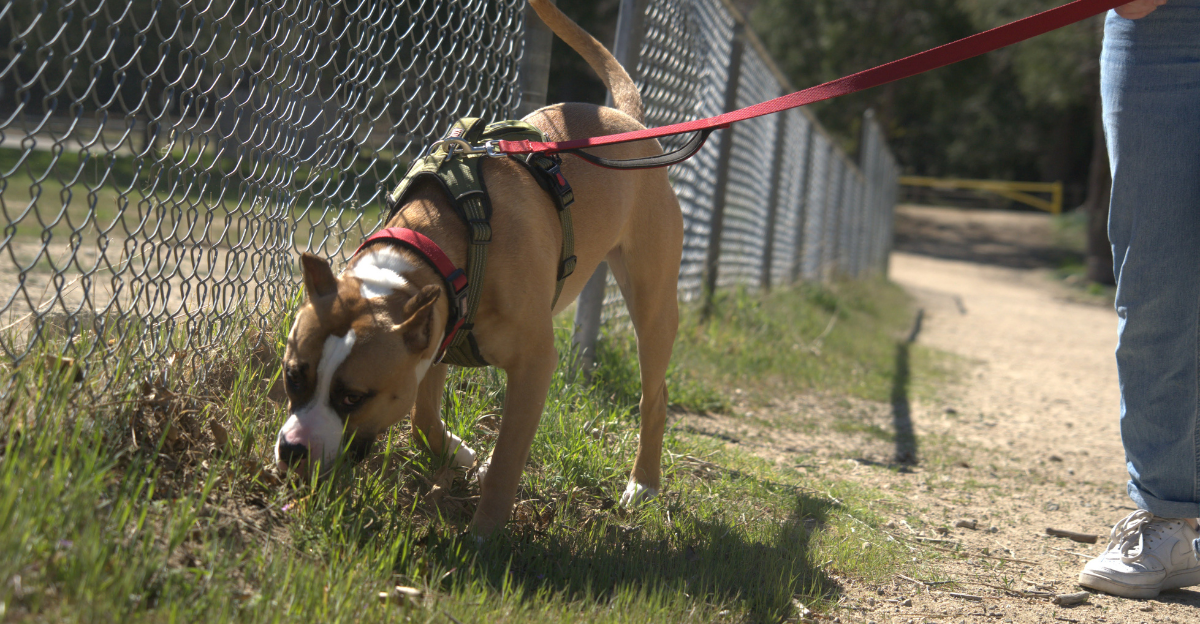
Recent studies suggest dogs might sense the Earth’s magnetic field, just like birds and sea turtles. Scientists found that lost dogs sometimes align their bodies with the magnetic north before making their next move—almost like recalibrating a biological compass.
4. Their Incredible Sense of Hearing
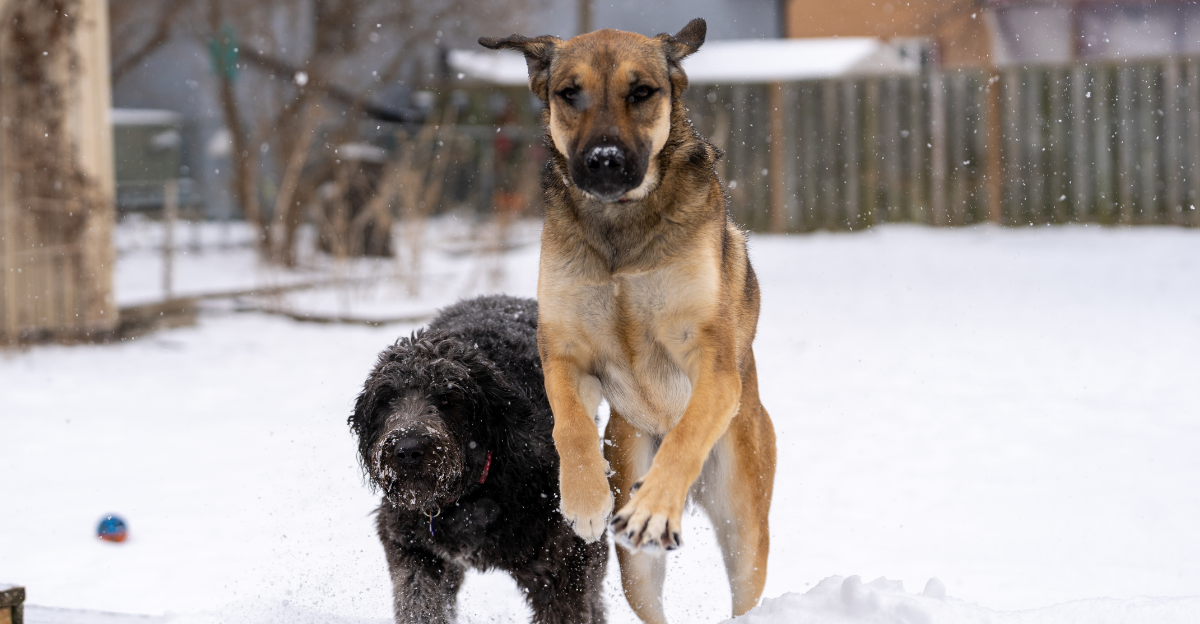
Dogs don’t just see and smell their way home, they hear it. A dog’s ears are so powerful that they can pick up sounds from far-off distances, like the hum of a busy road they recognize or even their owner’s specific voice.
5. Memory Power: Dogs Remember Landmarks
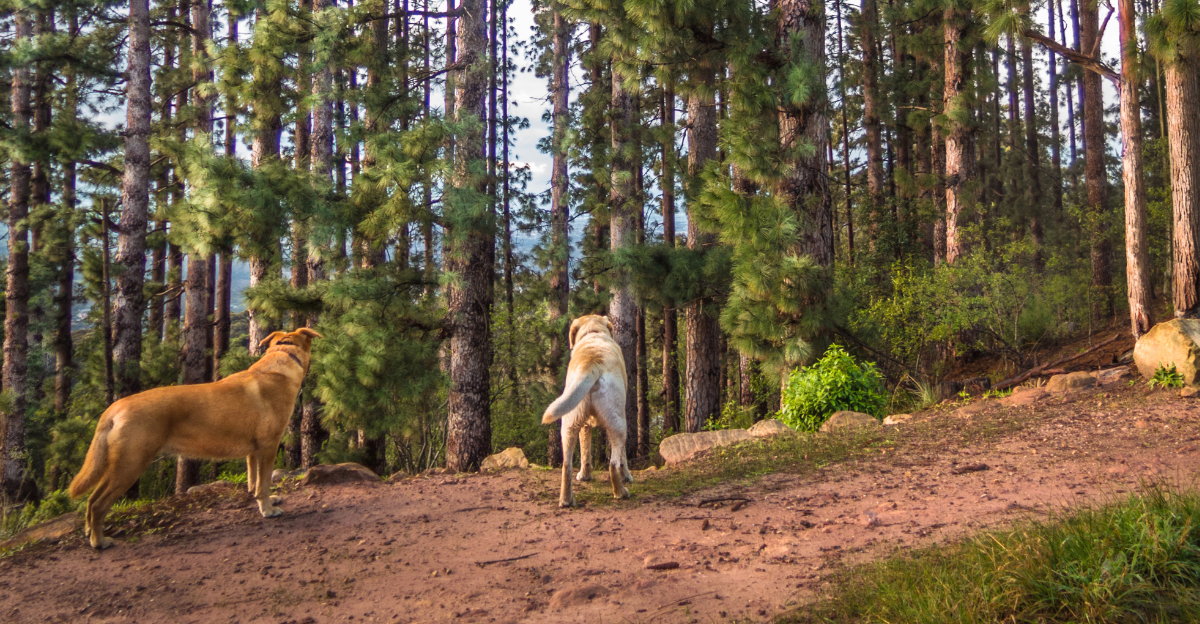
Dogs are visual learners, and they recognize specific landmarks—trees, buildings, roads—that help guide them home. If they’ve traveled a route before, chances are they’ll remember it and retrace their steps.
6. The Role of Pack Bonding: Finding Their Human
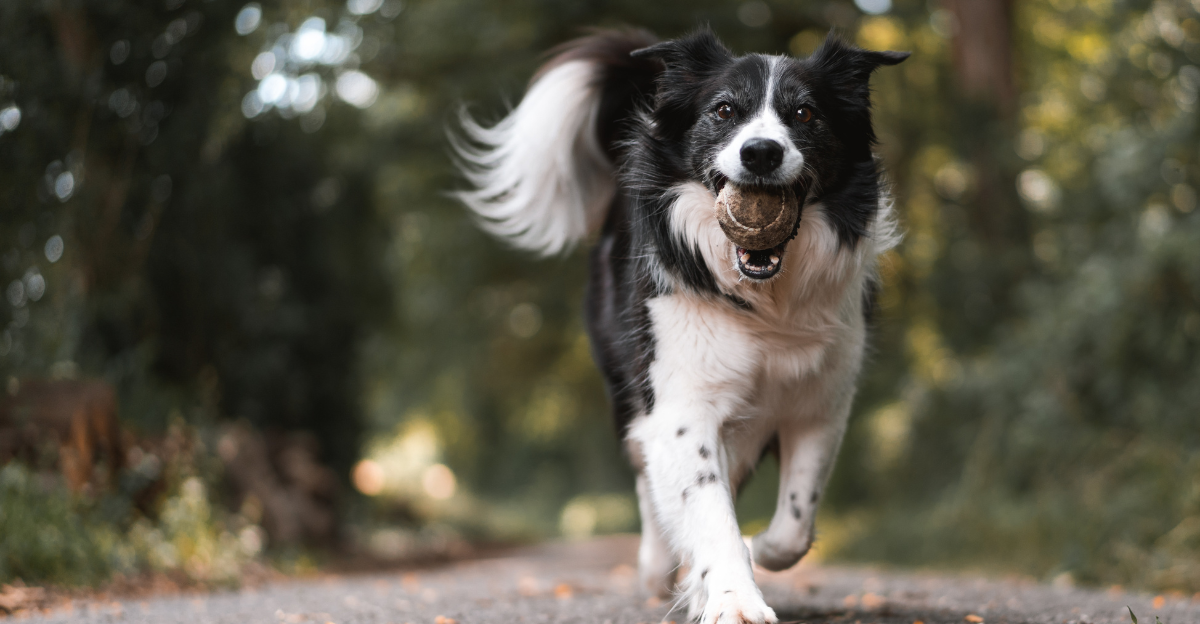
Dogs aren’t just attached to their homes, they’re attached to you. Their strong pack mentality means they’ll do anything to get back to their family. This emotional connection can drive them to navigate impossible distances just to reunite.
7. The ‘Lost Dog’ Survival Strategy

A lost dog doesn’t just wander, it switches into survival mode. They seek out food (trash cans, kind strangers, hunting instincts) and avoid threats like cars, predators, and loud places. Many even travel at night when it’s safer. This buys them time to find familiar scents or stumble across a friendly face.
8. Do Certain Breeds Have Better Homing Abilities?
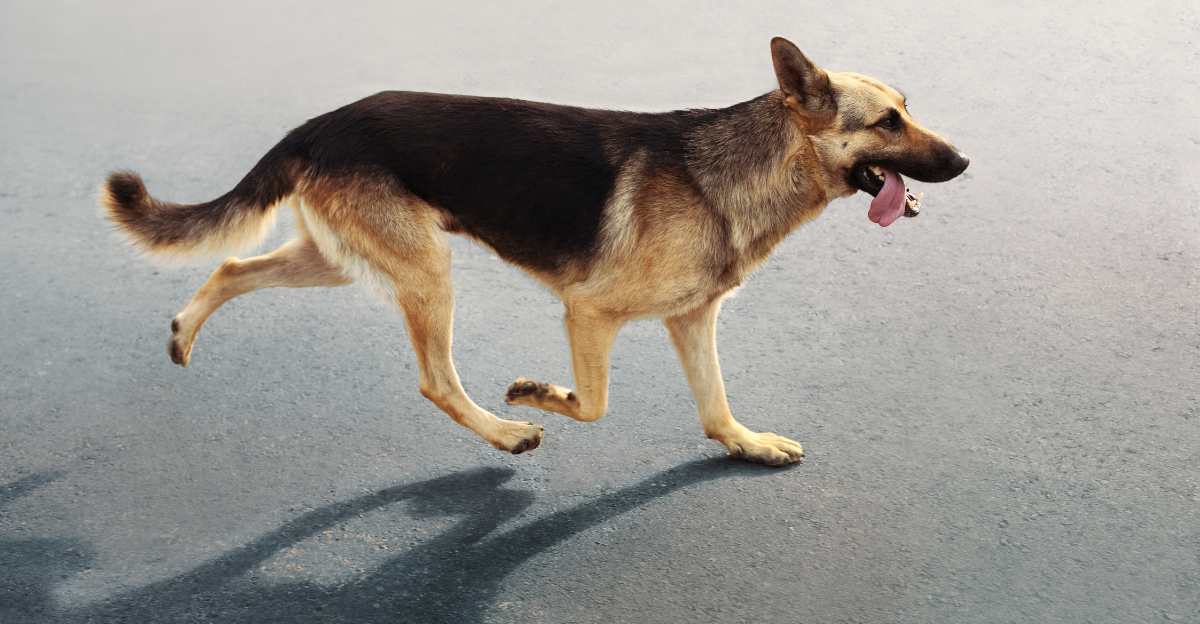
Yes! Some breeds are natural navigators. Hounds and retrievers: master sniffers that can track scents for miles. Border Collies and Shepherds: highly intelligent, great at problem-solving. Huskies: built for long-distance travel and endurance. Smaller breeds? Not so much. A Chihuahua might try, but let’s be real—it’s probably hitching a ride instead.
9. How Far Can a Lost Dog Travel?

The record? An Australian dog named Sophie swam six miles and survived on a deserted island before being reunited with her family. Other cases report dogs traveling up to 1,000 miles over months to find their way home.
10. Can Dogs Recognize Their Home After Moving?

Dogs know their home by scent, landmarks, and routine. But if they get lost, some try to return to their old house, even if it’s hundreds of miles away. If you’ve moved, help them adjust by walking them around the area and reinforcing new scents. Without this, they might follow old trails in the wrong direction.
11. The Role of Microchips and Social Media

While science is amazing, let’s be real, microchips, flyers, and social media also play a huge role in reuniting lost dogs with their families. Thanks to tech and kind strangers, more missing pets are found and returned every year.
12. What to Do If Your Dog Goes Missing

First, leave out familiar scents—their bed, your clothes, anything they recognize. Dogs track home by smell. Next, contact local shelters and vets—someone may have found them. Finally, use social media and community groups. Many lost dogs get spotted and returned by neighbors. The key? Act fast and don’t give up.
A Dog’s Loyalty Knows No Distance
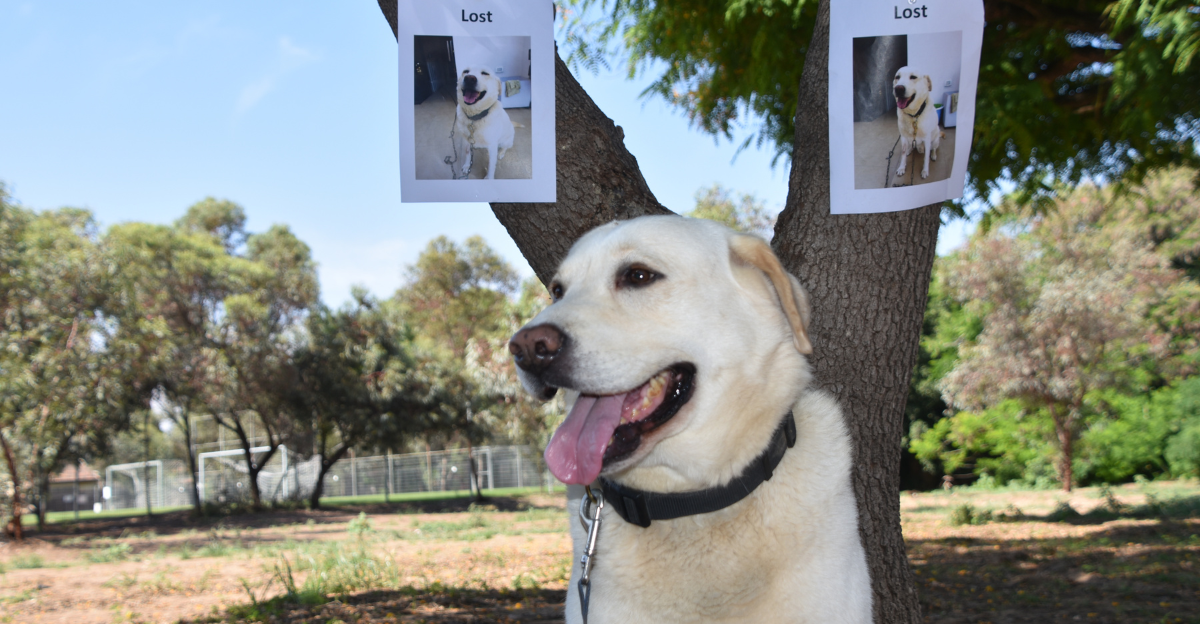
Dogs have a wild mix of super senses, survival instincts, and pure love for their humans that helps them find their way home. Whether it’s their nose, their memory, or some kind of sixth sense, one thing’s for sure: a lost dog never truly stops searching for home.
Explore more of our trending stories and hit Follow to keep them coming to your feed!

Don’t miss out on more stories like this! Hit the Follow button at the top of this article to stay updated with the latest news. Share your thoughts in the comments—we’d love to hear from you!







